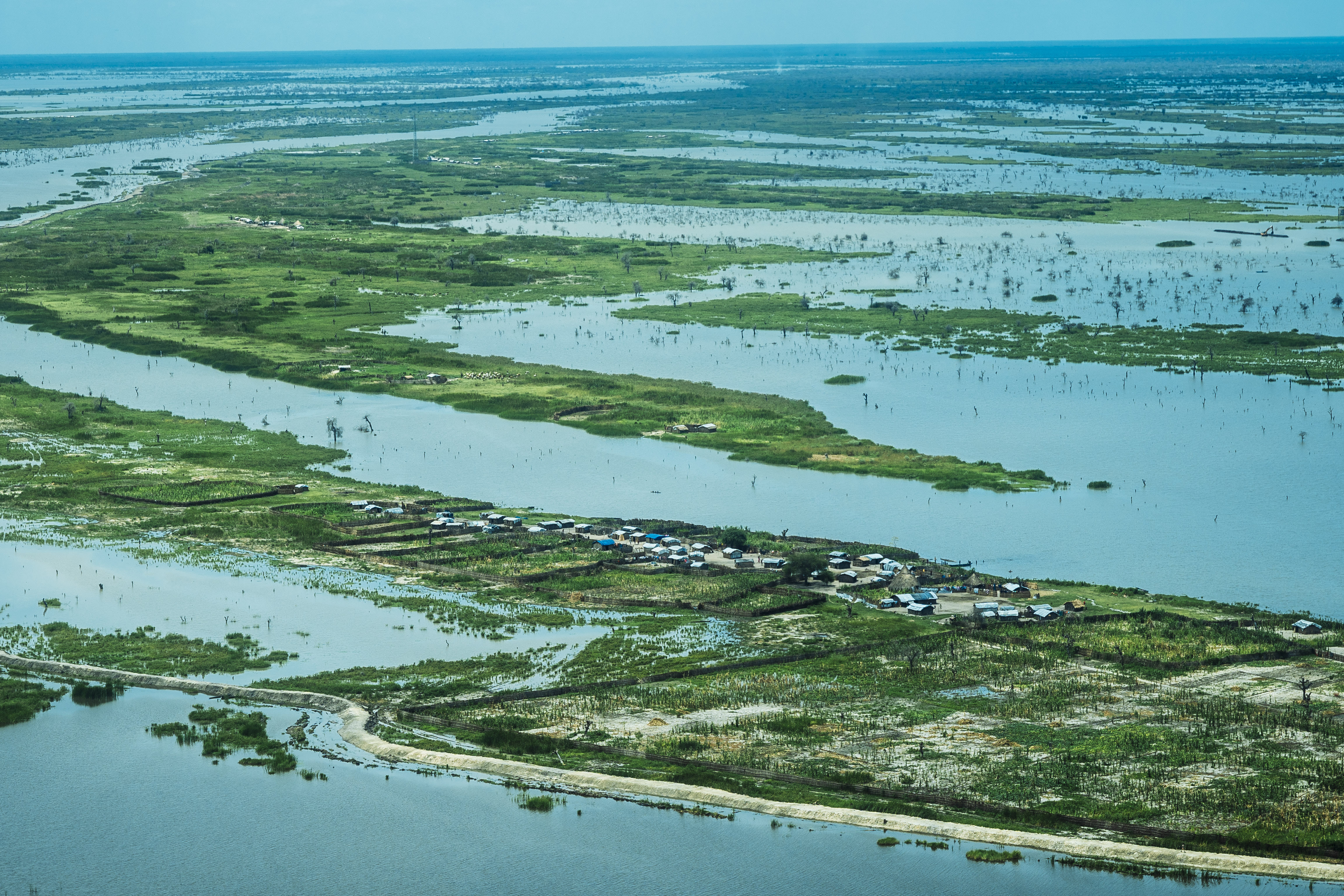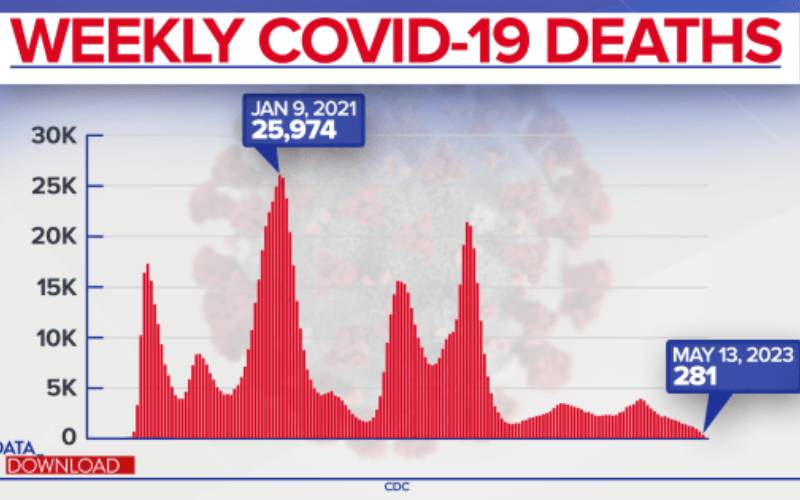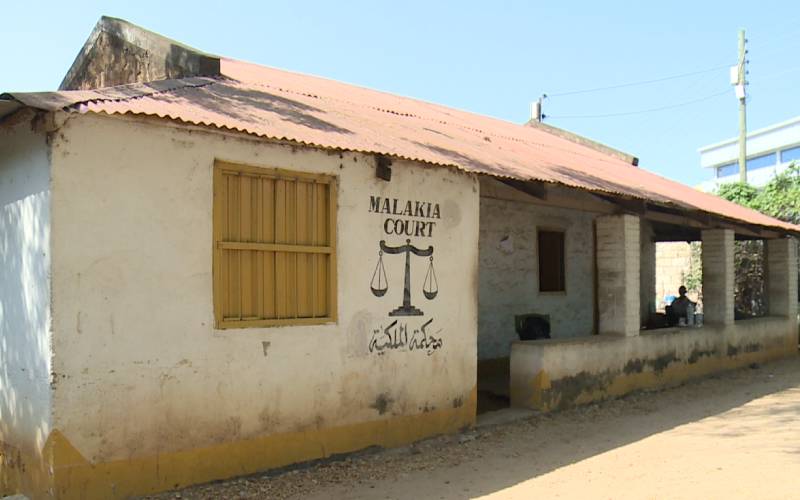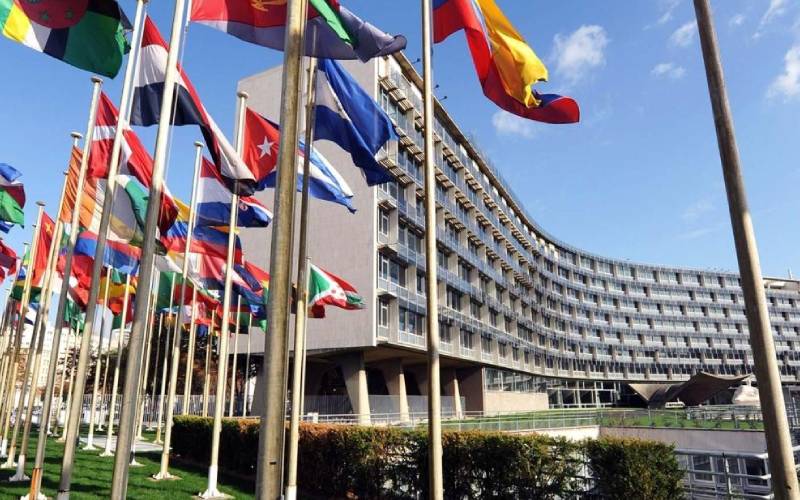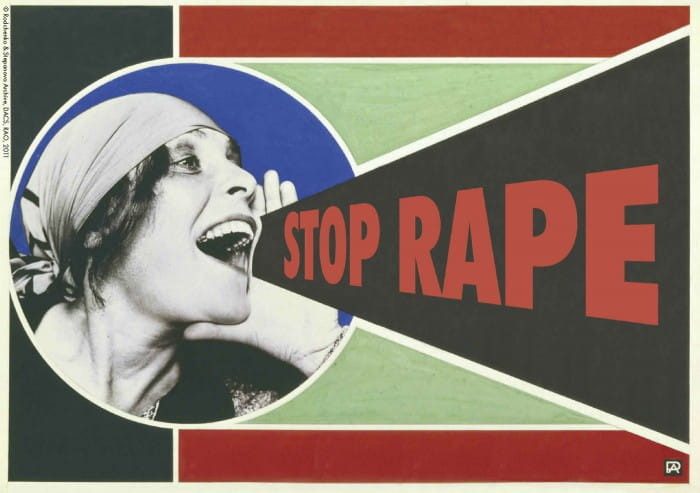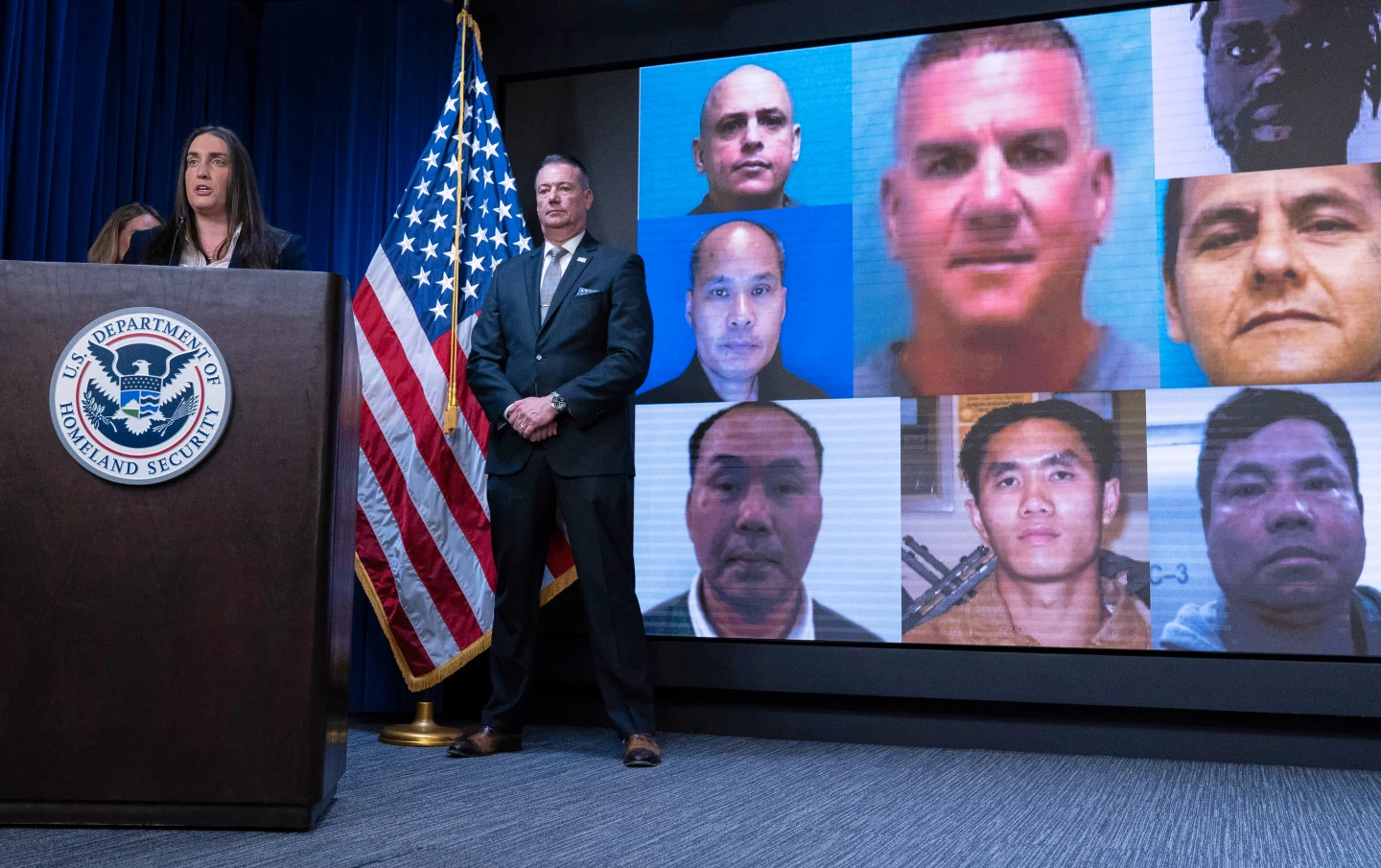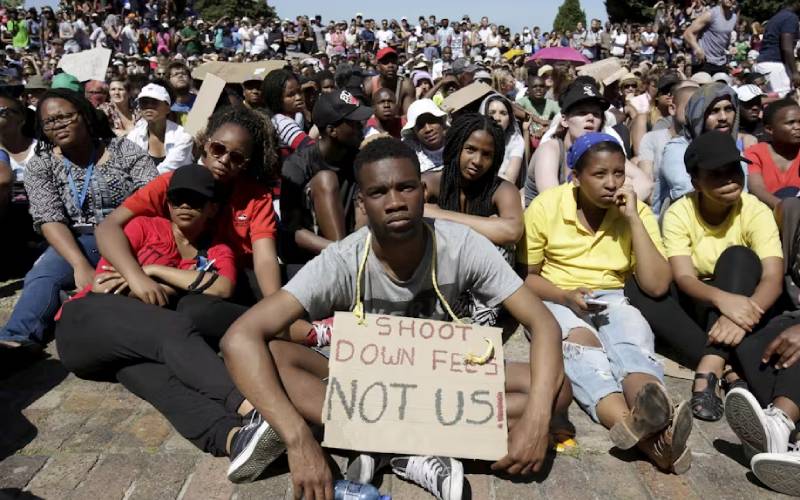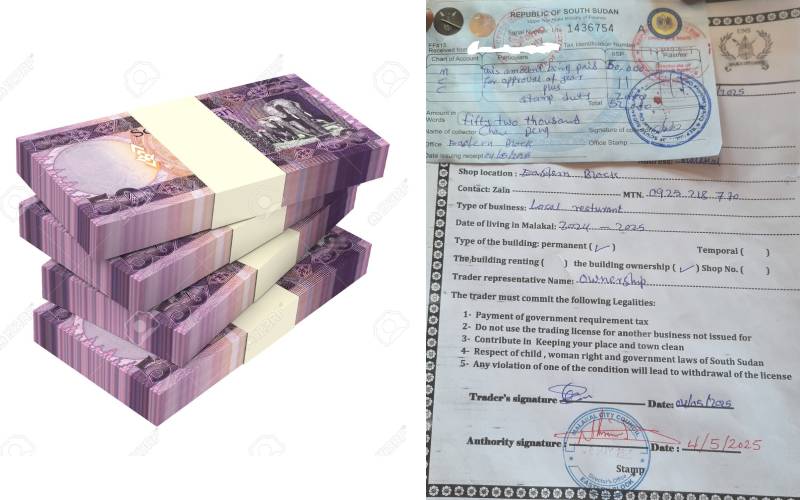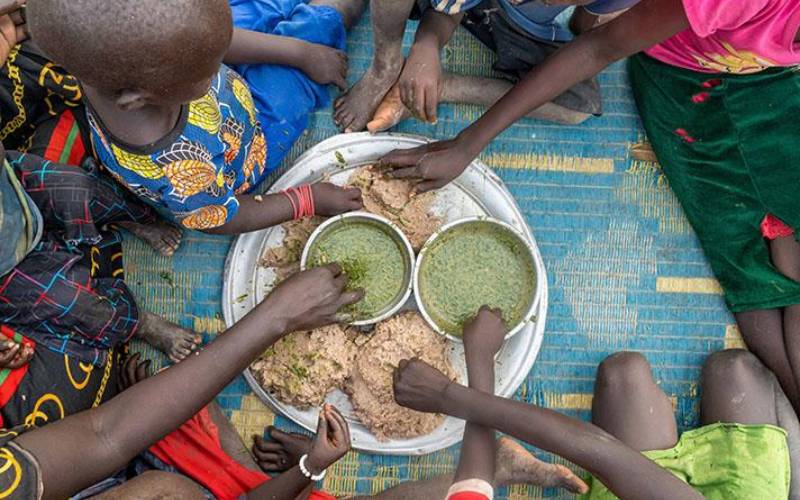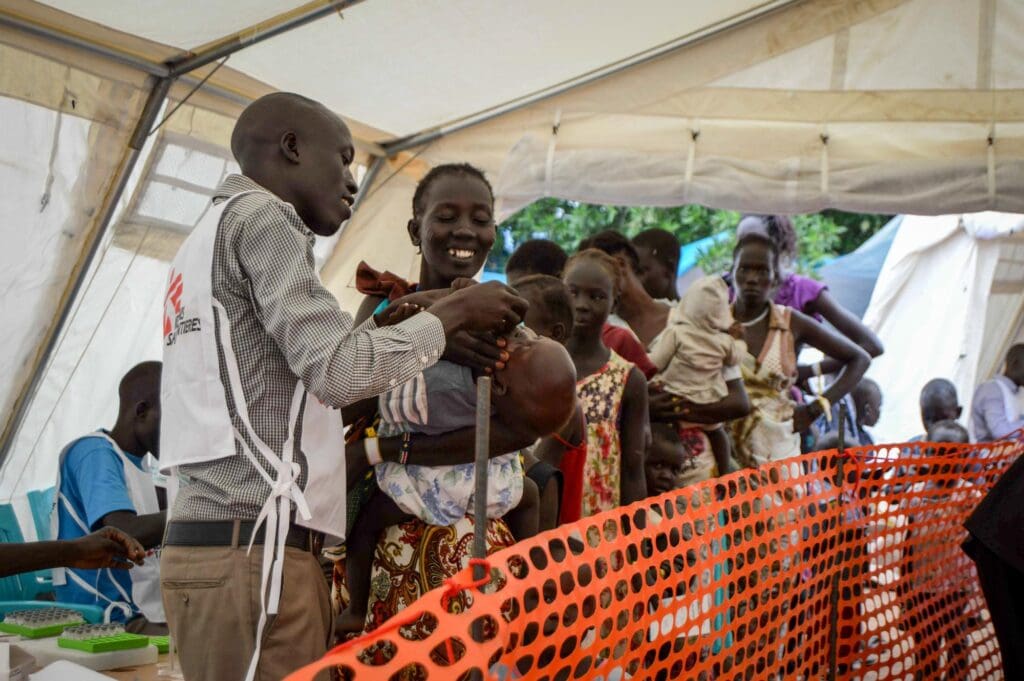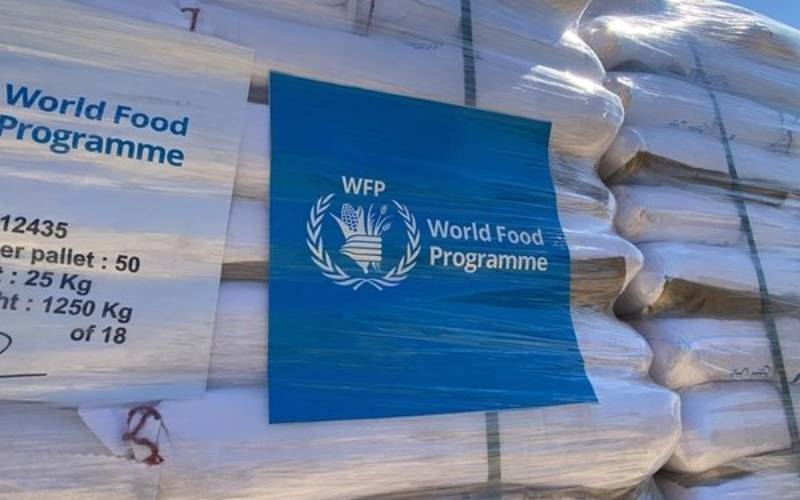After devastating floods in 2024, communities in Unity State are recovering from the climatic shocks and impacts on their livelihoods.
Over 850,000 people needed humanitarian support last year as a result of floods, which displaced them from their homes, destroyed their crops and killed their livestock.
The International Organisation for Migration (IOM) says 220,000 individuals were affected, of which 110,000 were internally displaced.
A couple of months after the flood receded, with rainfall fast approaching, the government of South Sudan's Unity State, in partnership with IOM, is rooting for a climate resilience approach to help vulnerable communities who bore the brunt of floods to recover through a tree planting initiative.
“The initiative aims to plant one million trees across the state, helping restore the environment, improve food security, and support families as they return, resettle and restore their livelihoods,” a statement shared by IOM reads.
The governor of Unity State Riek Bim Top says tree planting under the initiative funded by the European Union will make Bentiu green again after severe damage related to floods and violent conflict.
“The tree-planting efforts offer hope for restoring Bentiu’s greenery, enhancing the environment, and promoting human health – a return to what was once proudly known as ‘Green Bentiu,” says the governor.
The Head of the EU Delegation to South Sudan, Timo Olkkonen, says tree planting will restore hope among communities in the State.
"It is encouraging to see these communities rebuilding their lives after years of hardship. The locally led, climate-smart solutions give hope," says Timo.
"It is encouraging to see these communities rebuilding their lives after years of hardship. The locally led, climate-smart solutions give hope," said Timo Olkkonen, Head of the EU Delegation to South Sudan.
Vijaya Souri, IOM South Sudan Chief of Mission, says they are addressing the root causes of vulnerability, which have birthed a lack of jobs and infrastructure.
“By tackling the root causes of vulnerability – from climate challenges to lack of jobs and limited infrastructure – we’re supporting communities in Bentiu and Rubkona to become stronger and more self-reliant,” says Souri.
Last year, the government of South Sudan installed a flood monitoring and response master plan, including evacuation of people to higher ground.
